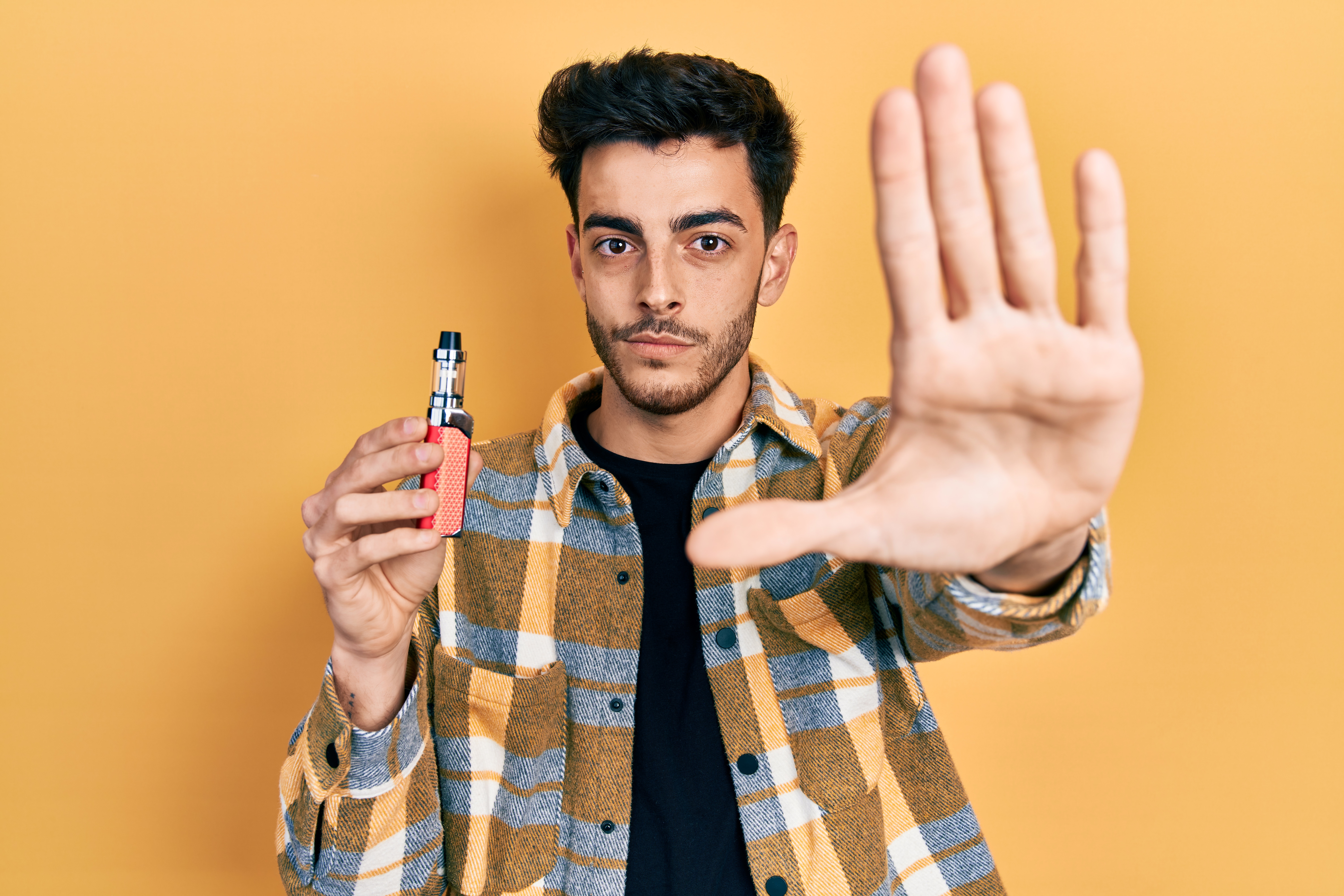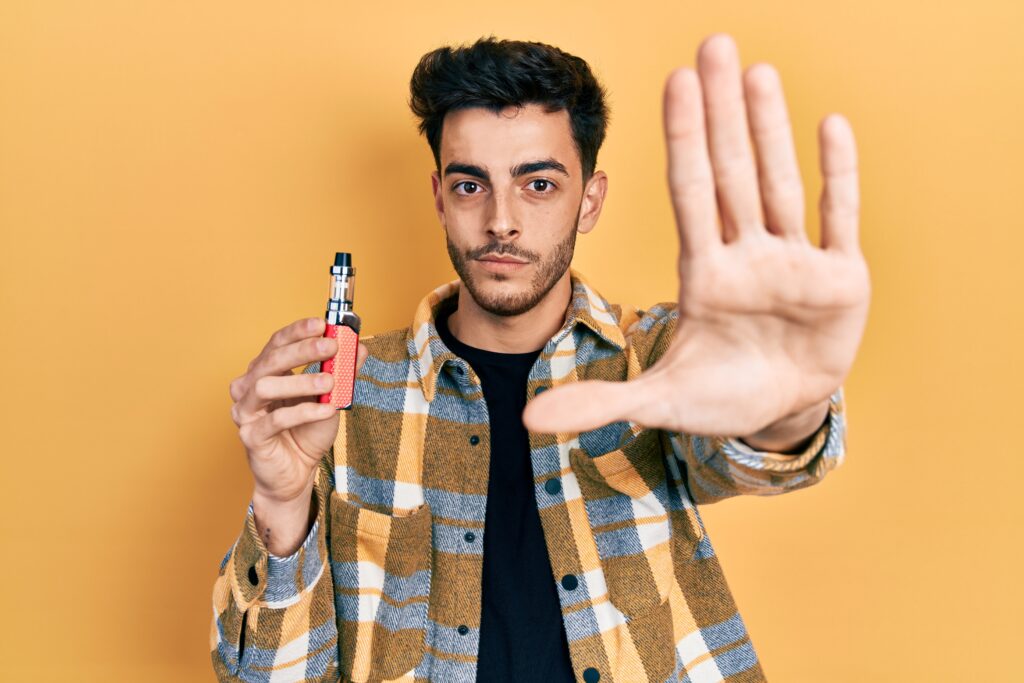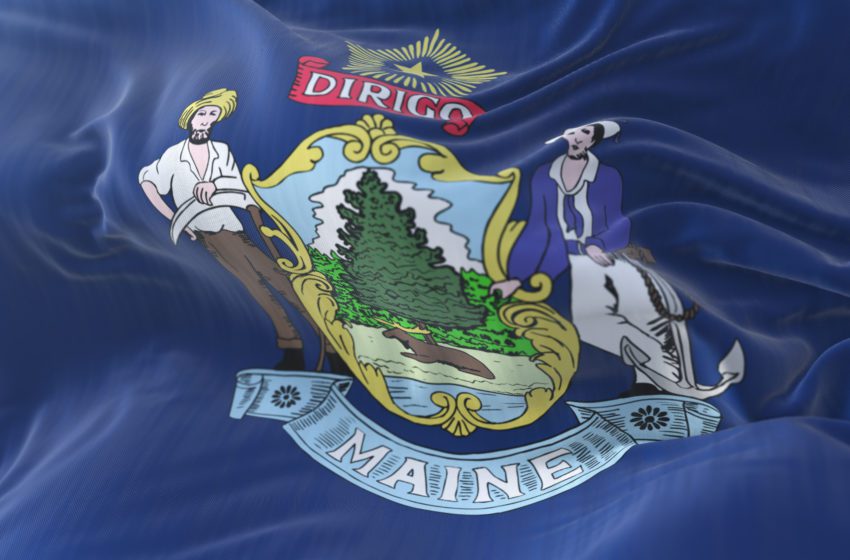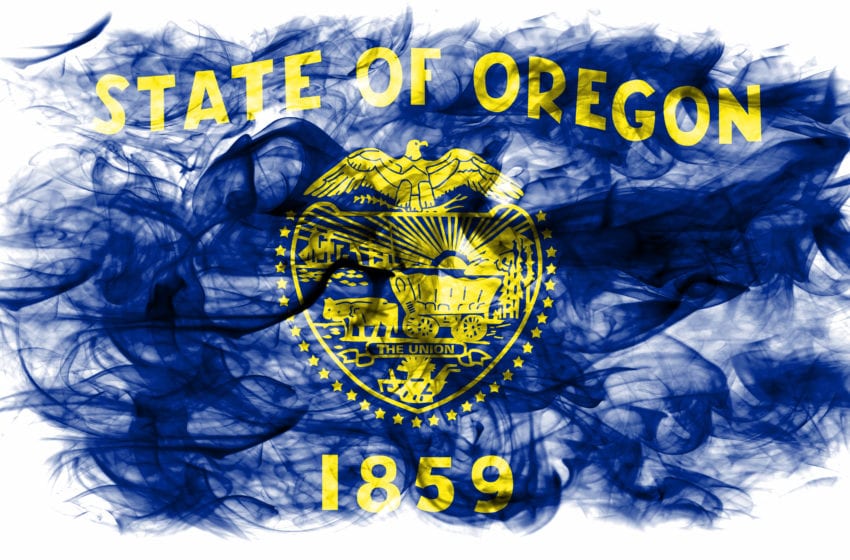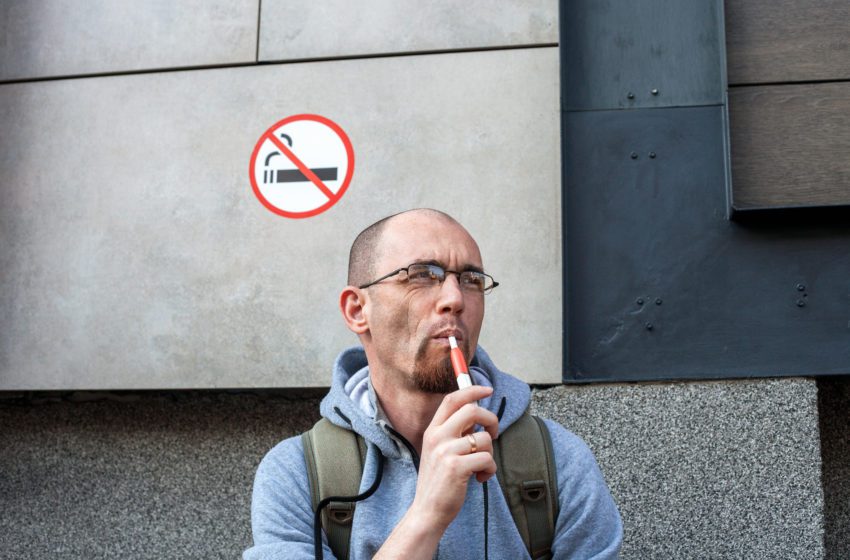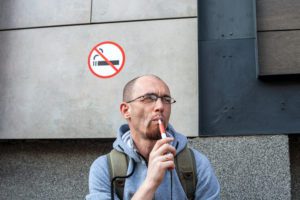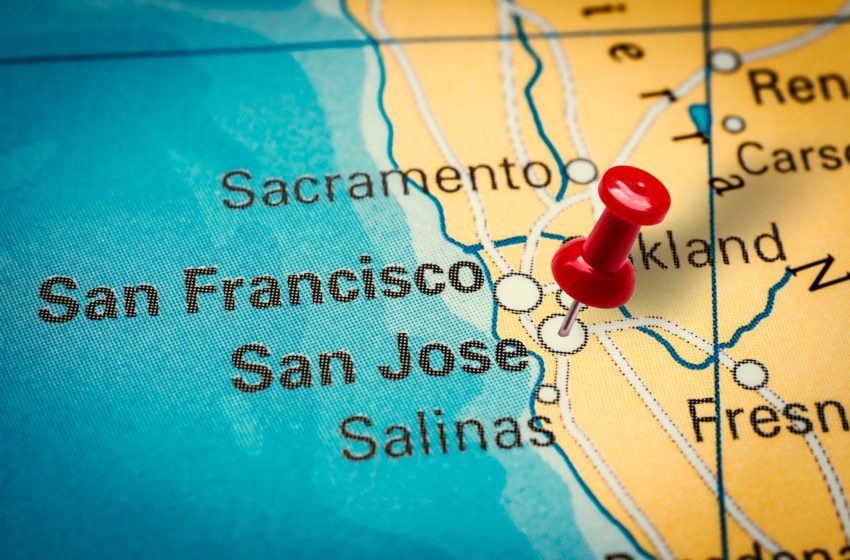A voter-approved ban on flavored tobacco in Washington County, Oregon, has yet to go into effect after a judge issued an injunction, saying the county wasn’t prepared to enforce it anyway.
County health officials say that’s not exactly the case. But they concede they’ll have to allow sales of the flavored products to continue for now.
It’s just the latest in a series of setbacks for the county’s first-in-the-state ban on flavored tobacco products, according to Oregon Live.
The original ban was put into place by the Washington County Commission in November of 2021 and enforcement was set to begin in January of this year.
But opponents of the ban, spearheaded by Plaid Pantry CEO Jonathan Polonsky, gathered enough signatures to put it on the ballot and let voters decide in May.
Opponents realized the ballot language would cause confusion for many voters over what a “yes” vote really meant, however, so they stopped campaigning on behalf of their own measure.
Proponents of the ban, meanwhile, spent more than $1 million to defend it, and, in the end, Washington County voters overwhelmingly opted to keep the ban.
In February, before that vote, several Washington County businesses filed a lawsuit challenging the ordinance. Serenity Vapors, King’s Hookah Lounge and Torched Illusions, represented by attorney Tony Aiello, contended in their suit that they are legal businesses and would be unfairly harmed by the county’s ordinance.
Last week, Washington County Circuit Court Judge Andrew Erwin agreed to pause the ban, which had yet to be enforced. According to Erwin, the county’s arguments for keeping the ban in place while the law was challenged weren’t “compelling,” because he said the county’s lawyer said it had zero plans to enforce it “in the foreseeable future.”
On the other hand, Erwin reasoned, the businesses would “imminently and irreparably harmed” by following the law.
In his injunction, Erwin wrote: “Defendant argues that the public’s interest in Ordinance 878 overwhelmingly trumps plaintiffs’ interests. But defendant concedes they have no plans to further the public’s interest as they do not anticipate enforcing the ordinance in the foreseeable future.”
Supporters of the ban find this logic a bit circular — the ban only went into effect on June 13 and the apparatus for enforcement is not yet in place.
“Enforcement was to start along with the state inspections for the tobacco retail licensing law,” Mary Sawyer, a county health spokesperson explained. “Businesses are inspected annually by the state to make sure they have a license and are following new state law, and then if inspectors find that businesses in Washington County are selling flavored products, they would let us know.”
After the county is notified, it would start by educating the business about the flavored products law and only write a ticket if the business then failed to comply.
“None of this happened yet,” Sawyer said, “as the state was just starting their inspections this summer and they haven’t referred any businesses to us yet.”
The county has already filed a motion to dismiss the complaint. But as of now, flavored tobacco and vape products are available in Washington County.
Jordan Schwartz is the owner of Serenity Vapors, one of the plaintiffs in the case, which has three Washington County locations. Schwartz contends that his company has helped thousands of people quit smoking.
Now, he said, customers are coming in telling him, “I guess I am going to go back to cigarettes. That’s what they’re forcing us to do.”
According to Schwartz, Serenity Vapors sells mainly vape liquid or “vape juice.”
“North of 80 percent of our business comes from some type of flavored product,” he said.



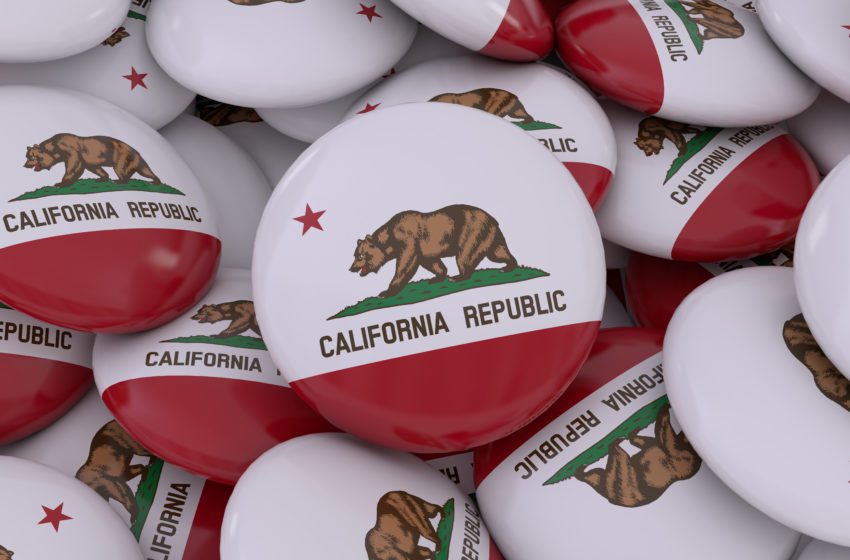

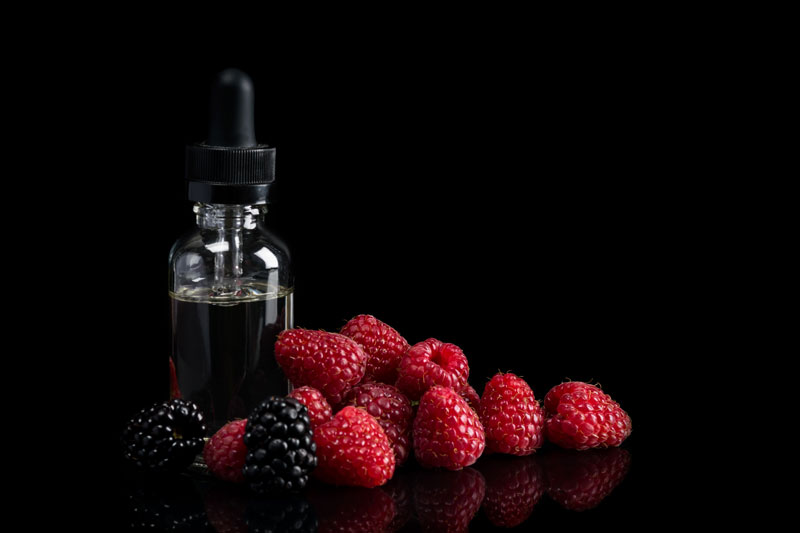
 As a statewide ballot question in November’s election about whether flavored e-cigarettes and other tobacco products should be banned approaches, San Benito County has decided to take the first step towards banning the products.
As a statewide ballot question in November’s election about whether flavored e-cigarettes and other tobacco products should be banned approaches, San Benito County has decided to take the first step towards banning the products.